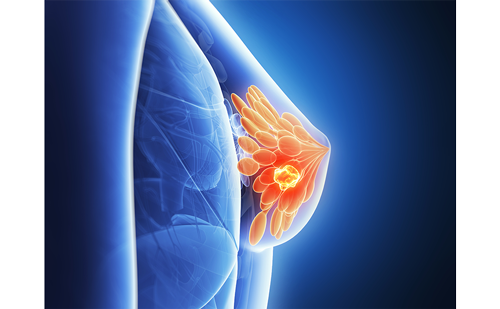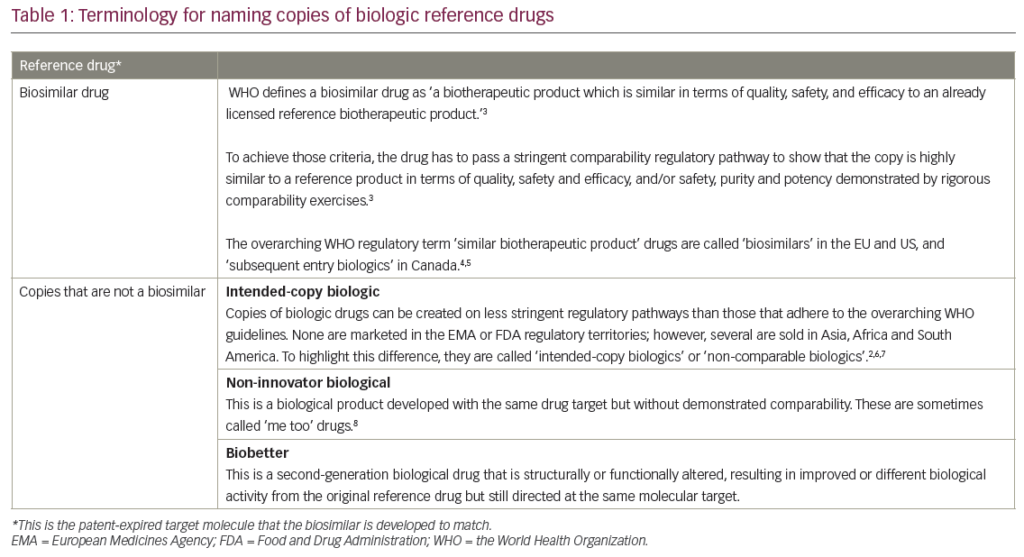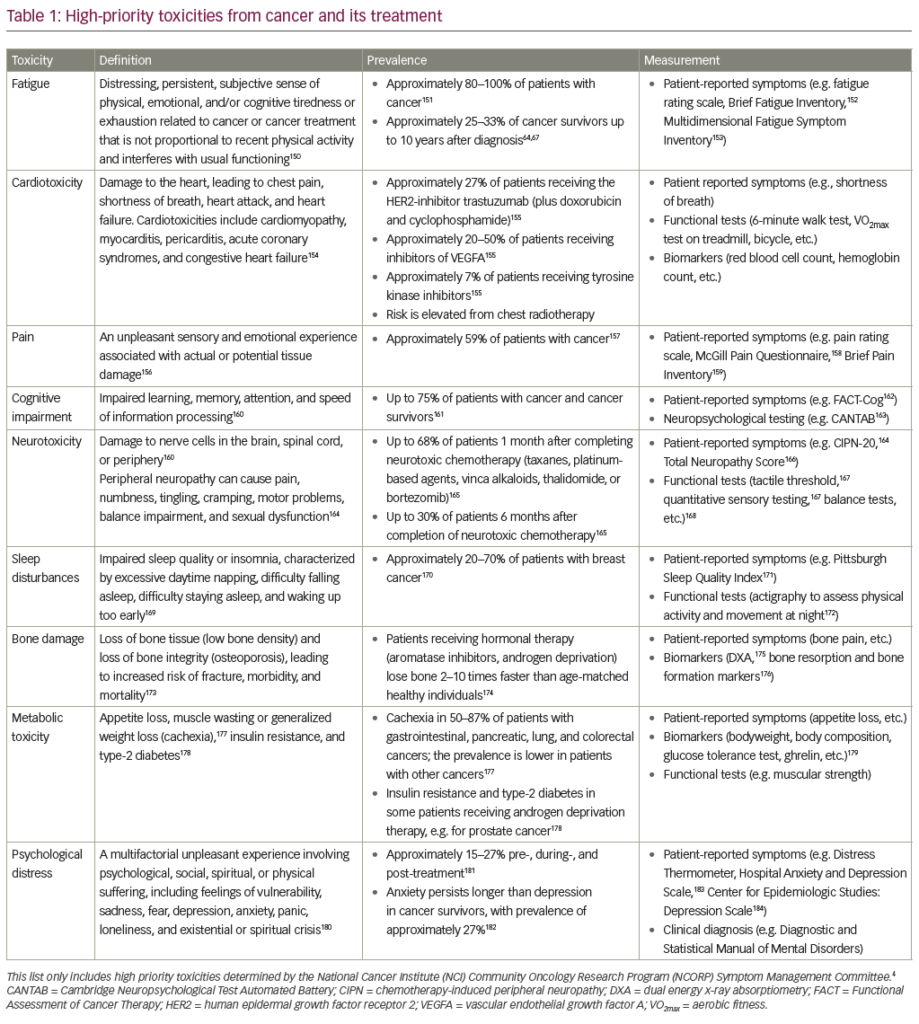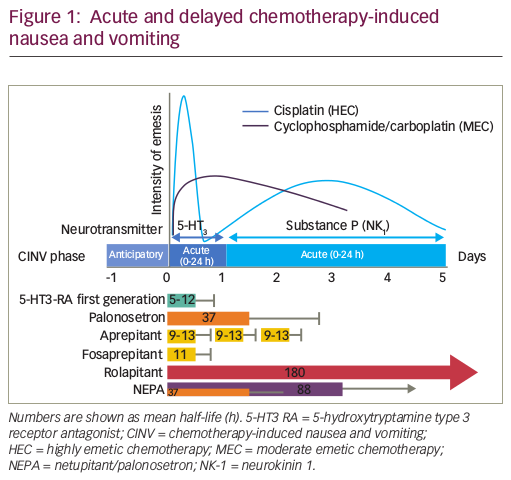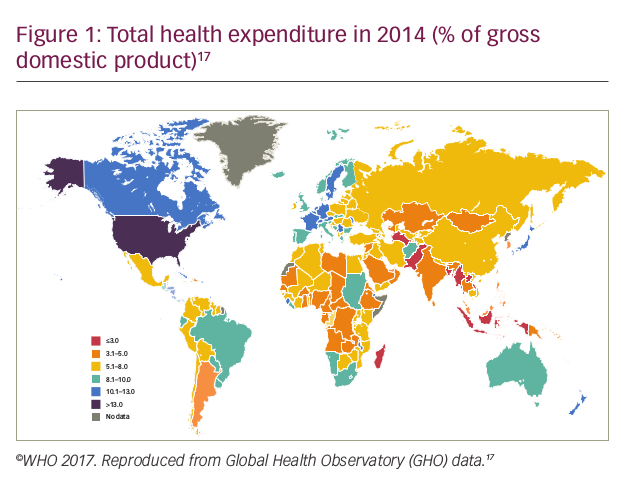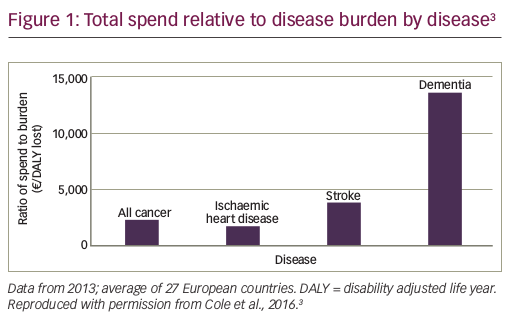Welcome to the inaugral issue of touchREVIEWS in Oncology & Haematology (formerly Oncology & Hematology Review [US]), which aims to summarize the latest clinical data and provide practical advice to help busy physicians in their daily practice. As co-editors-in-chief of this new title, we are excited to bring you a range of interesting and informative articles in this issue. We begin with an article in which Braunstein and Ofman propose criteria for evaluating cell-free DNA (cfDNA)-based multi-cancer early detection tests, which may be available in the near future.
While the COVID-19 vaccination programme has offered hope to millions around the world, vaccine efficacy may be lower in patients with chronic lymphocytic leukaemia. Ud Din and Jamshed examine the clinical evidence and current recommendations for vaccination in these patients.
The European Code of Cancer Practice is a patient-centred good practice guide that aims to Improve Europe’s cancer outcomes. In an editorial, Lawler et al. discuss the key recommendations and rights in the Code, and strategies needed to implement it.
Clinical trials for breast cancer drugs have traditionally been in the metastatic setting, and have employed survival endpoints. However, neoadjuvant trials are increasingly common and the postoperative surrogate endpoint of pathologic complete response (pCR) is potentially more meaningful in this setting. Britten and McAndrew discuss the validity and utility of pCR as an outcome measure in clinical trials.
Around 20 years ago, a mutation of the KIT proto-oncogene was found to be responsible for most gastrointestinal stromal tumours (GISTs), leading to the development of targeted therapies for GISTs. Barreto-Coelho et al. review current treatment options, recent advances and the potential of immunotherapy in the management of GISTs.
Endometrial cancer is the most common gynaecological cancer in developed countries and its incidence is rising. While surgery remains the primary option, adjuvant therapy is the focus of considerable research. Soble et al. review the current treatment landscape for high-risk endometrial cancer and highlight novel therapies and future directions.
Allogeneic stem cell transplantation (allo-SCT) has the potential to cure haematological malignancies, but is associated with considerable mortality and morbidity. In a review article, Ozturk and Bozdag summarize the current treatment paradigm and recent advances in allo-SCT.
While immune checkpoint inhibitors have become the standard of care for patients with advanced non-small cell lung cancer (NSCLC) of squamous histology, targeting the ErbB receptor family is beneficial as a second-line therapy. Reguart and Reyes review the clinical evidence in support of afatinib in this treatment setting. A second review on the topic of NSCLC by Scott et al. looks at amivantamab, a novel epidermal growth factor receptor (EGFR)/c-MET bispecific antibody therapy for EGFR-mutated NSCLC that shows promise.
Finally, Bansal et al. consider modulation of apotosis pathways using biologic therapies as a promising new approach to the treatment of patients with multiple myeloma, which may result in increased survival. touchREVIEWS in Oncology & Haematology would like to thank our contributors for producing insightful and informative articles.
We are also grateful to all organizations and society partners for their ongoing support, and the members of our editorial board for their continued involvement and advice. We hope that you will find this edition enjoyable and thought-provoking.
Shaji K Kumar
Shaji K Kumar is a consultant in the Division of Hematology, and Professor of Medicine in the College of Medicine at the Mayo Clinic, Rochester, MN, USA. He is currently the chair of the National Comprehensive Cancer Network (NCCN) panel on multiple myeloma and is the co-chair of the National Cancer Institute Multiple Myeloma Steering Committee. He is a member of several professional societies, including the American Society of Hematology, the American Society of Clinical Oncology, the American Association for Clinical Research, the American Society for Blood and Marrow Transplantation, the American Medical Association, the Association of Physicians of India and the European Hematology Association. His work has appeared in many peer-reviewed journals such as Lancet Oncology, Journal of Clinical Oncology, Blood Cancer Journal, Leukemia, American Journal of Hematology, Mayo Clinic Proceedings, Blood, and European Journal of Hematology. His research efforts are directed toward studying novel treatment approaches in myeloma through well-designed clinical trials. He is principal investigator on multiple phase I, II, and III trials for plasma cell malignancies, which include a combination of Mayo Clinic investigator-initiated trials, industry-sponsored trials, and cooperative group trials. From a translational research standpoint, his laboratory has focused on development of new agents for plasma cell malignancies, with a particular emphasis on the tumour microenvironment. He receives ongoing support for research from the National Institutes of Health and the National Cancer Institute.
Axel Merseburger
Axel Merseburger is Professor of Urology and Chairman of the Department of Urology, Campus Lübeck, at University Hospital Schleswig‑Holstein, Germany. After graduating from Hannover Medical School in 2002, he carried out a residency in surgery and urology at the Eberhard Karls University in Tübingen, Germany, followed by a research fellowship at the Miller School of Medicine, Miami, FL, USA, in 2006. He became Associate Professor in 2009 and Professor in 2012, at Hannover Medical School. He is a member of various uro-oncology organizations. He serves as an advisor for the European Association of Urology (EAU) Guideline Group for Renal Cancer, and was the chairman of the EAU Guideline Group for Lasers and Technologies. He acts as reviewer and editorial board member for several urology and oncology indexed journals and is Associate Editor of the World Journal of Urology. His research activity encompasses both molecular and clinical aspects of uro-oncology, with specific interest in biomarkers and prognostic factors for prostate cancer, renal cell carcinoma and transitional cell carcinoma. He has authored or co-authored more than 300 peer-reviewed articles and he is the principal investigator in multiple phase II and III clinical trials.


